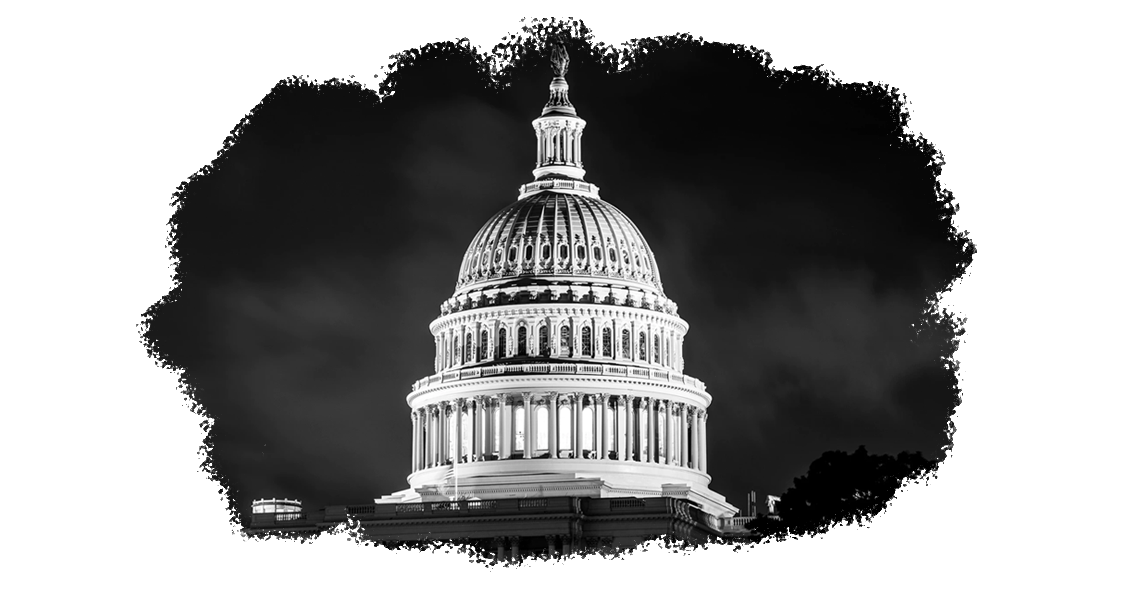
Cameron Smith / Unsplash
January 6. The day began with national headlines about historic election outcomes in Georgia—including the election of the state’s first Black and first Jewish senators. And then too soon, those headlines shifted to chaos as a violent mob attacked the U.S. Capitol during the final steps of the presidential election process. History was unfolding in real-time.
It was a dangerous day for our democracy, with an election in the balance and white supremacy on display.
And here at PBLWorks, it only deepens our resolve to work in solidarity for racial justice in education and in our country.
As we’ve said before: how we each act and what we say in defining moments will determine a vision for an anti-racist future. That includes both celebrating progress and forward motion, while also addressing crises and deep challenges along the way. This past week brought moments of both.
And at the same time, it was another school week for teachers and students across the country...
Teachers and administrators are often on the frontlines of addressing news as it happens — both with your students and with your colleagues. These real-time conversations are opportunities to connect, show care, and deepen our shared understanding. They’re also challenging.
In this moment and in the days ahead, how do you make shifts in teaching and learning? And how do you support your students and your colleagues along the way?
Here are a few ideas and resources that are top-of-mind this week.
We hope they help as you navigate the days ahead.
Find reliable resources for this moment.
As news unfolds, it’s easy to get overwhelmed with an overflow of information. Bookmark one or two of the guides that are specifically for educators about this moment—like Facing History’s Responding to the Insurrection at the US Capitol or NPR/Mindshift’s How To Talk To Kids About The Riots At The U.S. Capitol.
Model the way, and take care.
Make space for both conversation and care in your classroom and with your staff. And be sure to care for yourself in the process. For more, see Teaching Tolerance’s When Bad Things Are Happening and To Sustain the Tough Conversations, Active Listening Must Be the Norm. Also, see check out Self-Care Can Be Social Justice and the PBS Education's Staying Calm During Crisis (remember: give yourself grace!).
Use your PBL practice as a tool for justice.
Whether you’re a longtime practitioner or new to PBL, this is an opportunity to think about how your teaching practice aligns to social justice. For more on how PBL can support equity in education, see PBL is the Movement for This Moment and Schooling Reimagined: Centering Students' Humanity and Liberation. Or check out our podcast episode about racial justice and PBL: "The education that all students deserve." Plus, there are many more stories in our blog posts on PBL and equity.
Be responsive in your teaching.
In the weeks ahead, you might shift your lesson plans, or even decide to dive into a whole new project with your students. Consider the context and your students, as you make adjustments to meet the moment. Here are a few projects for inspiration: Lifting Our Voices; Make a Difference; Golden Age; and Changing the World One Poem at a Time.
As history unfolds, these powerful real-world learning experiences are essential steps towards realizing our vision for educational equity.
We’re here for you. If you have a story from your classroom, our team would love to hear it. Find us on Twitter or Facebook where your stories and feedback are always welcome.

